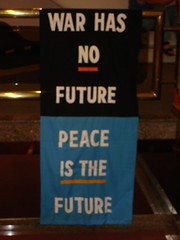I have just completed the five week course from Future Learn called World War 1: 100 stories put together by Bruce, Rebecca and Laura from Monash University. It has been a brilliant course with so much information about WWI.
- The silent, black and white videos showing the stories of men and women engaged in something related to WWI
- The discussions with leading historians about certain aspects of WWI
- The visits to the Melbourne Museum and the Love and Sorrow Exhibition
- The visits to the different monuments and battlefields
The knowledge of online records that we can now use to flesh out our relatives time during WWI
Australian War Memorial records including:
- Red Cross Missing persons files
- Rolls of honour
- Commemorative roll
- Nominal Rolls
- Embarkation Rolls
- Honours and awards
- War diaries
- Official history volumes
- Centenary of the Great War
- First World War history with links to other sites
- Diaries of CEW Bean
- Glossary of terms used
National Archives of Australia records including:
- World War 1 AIF records includes links to other records
- Other service records including soldier settlement, court martials
- Repatriation files – just type your soldiers name in the search collection box
- Service Dossiers for Australian and New Zealand – discovering ANZACs website
- Fact sheet for army service records in each state
Commonwealth War Graves including:
- search for a person
- search for a cemetery
- an app for cemeteries if you are travelling
- war graves photographic project
Readers: Which post on my blog, about the WWI 100 stories course, did you enjoy most? For those who took part in the course, what did you enjoy the most?
To find them all click on the category on the sidebar labelled WWI: 100 stories
